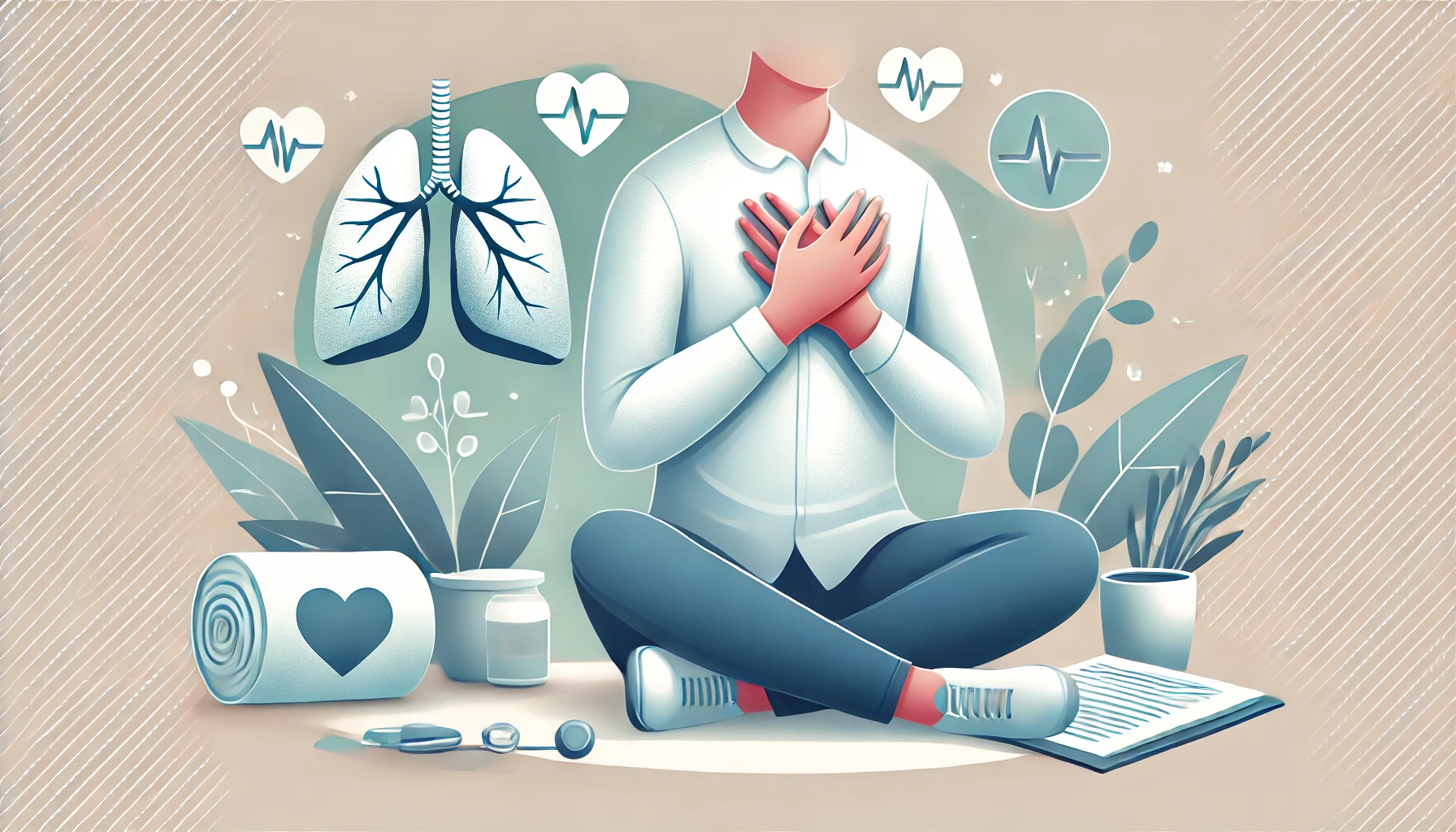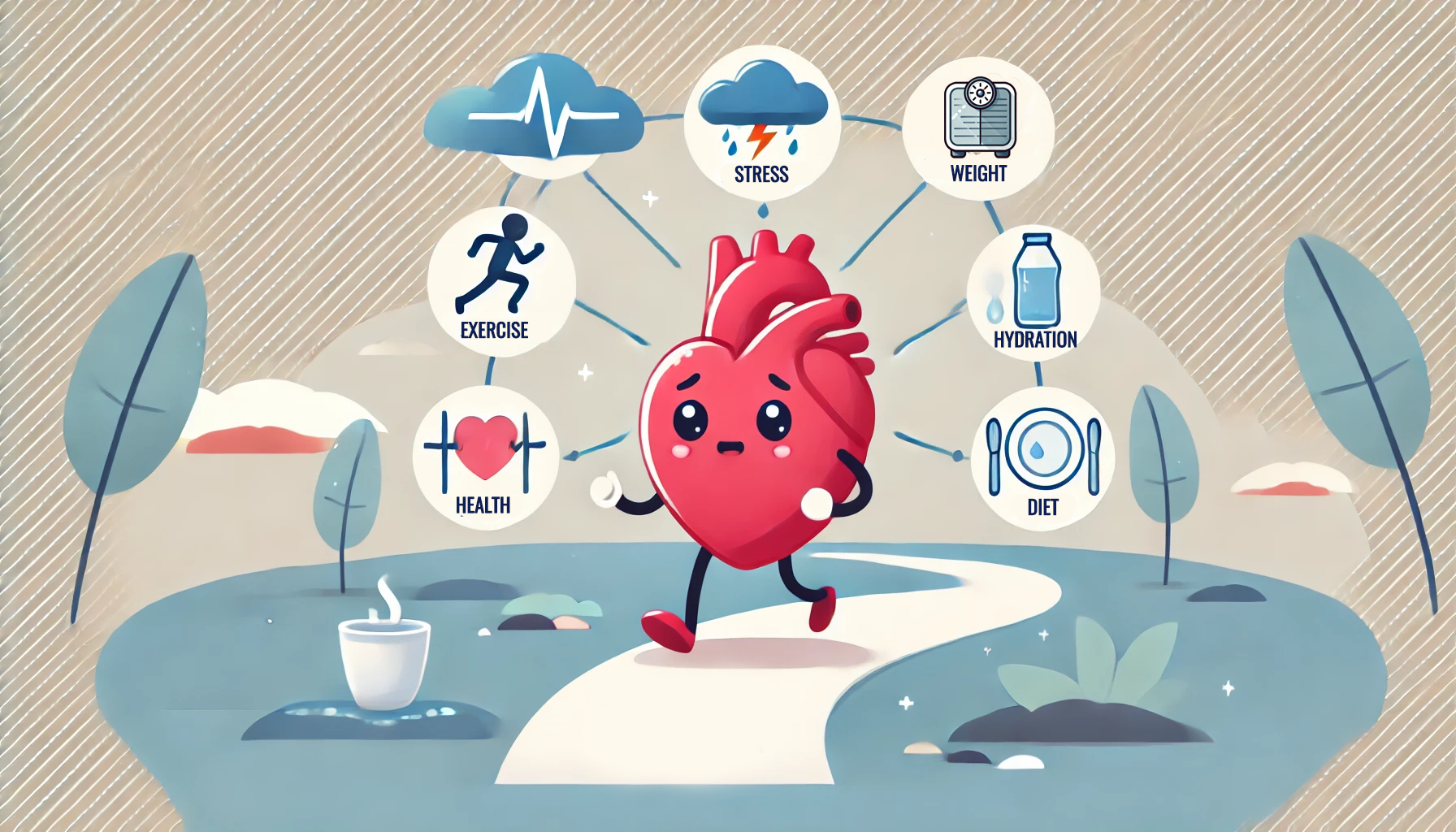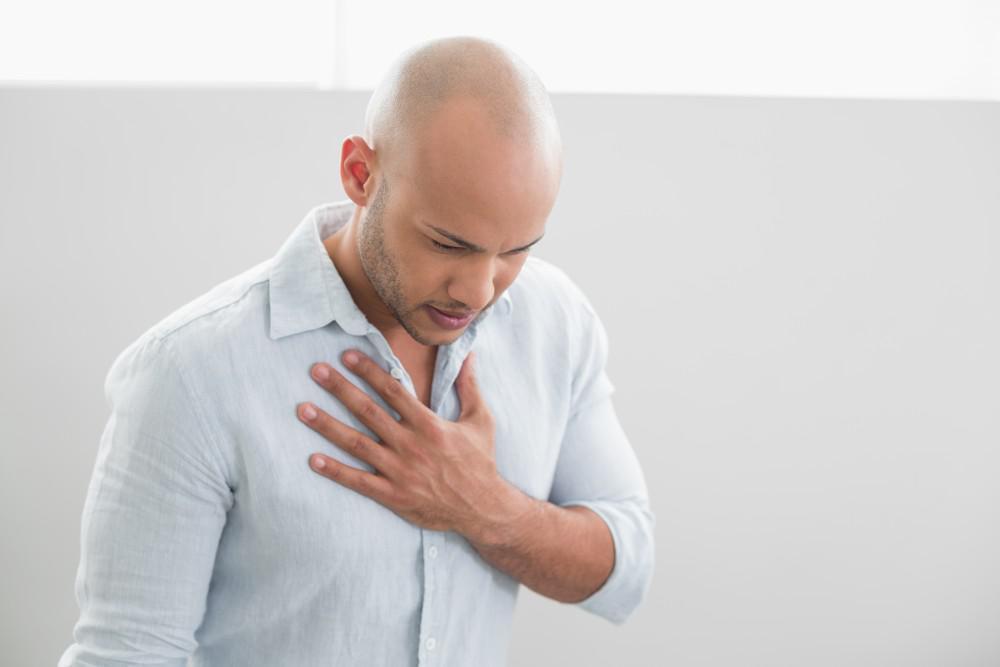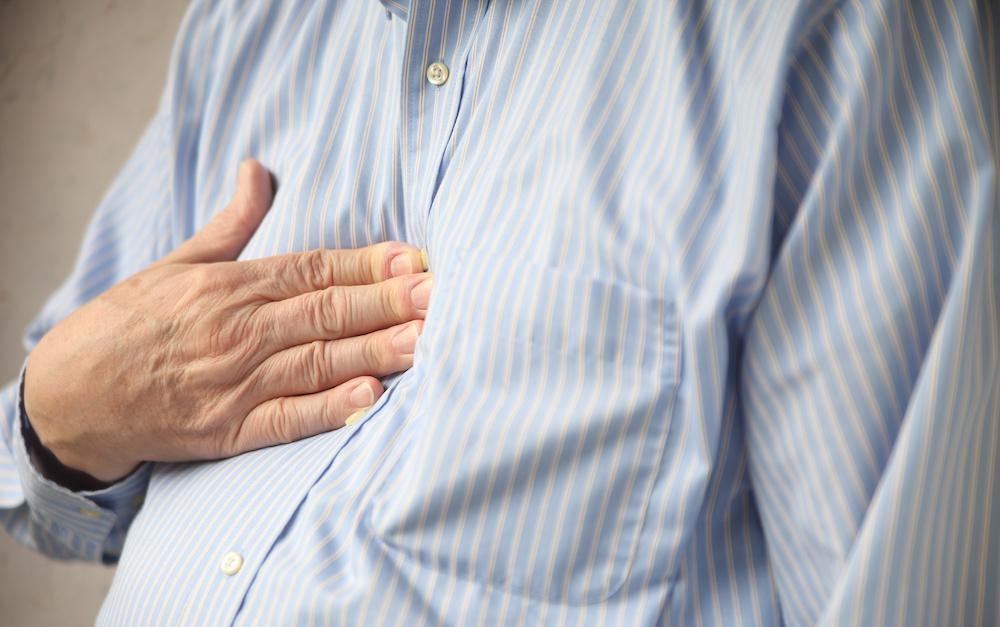We’ve all been there—a sudden, sharp pain in your chest that makes you stop in your tracks. Before you let panic set in, take a deep breath (if you can). Chest pain can be scary, no doubt about it, but not all sharp chest pains are a sign of a heart attack. Sometimes, it’s your body’s way of waving a red flag about something less serious—and sometimes, it’s a warning to act fast.
So, let’s talk about what could be going on when you feel that stab or tight squeeze in your chest, what signs to watch for, and how to decide if it’s time to pick up the phone and call 911. Ready? Good. Let’s get to the heart of the matter—pun intended.
What’s Causing That Sharp Chest Pain?
It might surprise you, but your chest pain doesn’t always mean your heart is in trouble. Your chest is busy real estate: lungs, ribs, muscles, digestive organs, and even nerves are all crammed in there, and any of them can misbehave. Here are some common culprits:
The Heart—Is It Serious?
Let’s start with the elephant in the room: the heart. If the pain feels intense, tight, or like pressure (imagine an elephant sitting on your chest), you may be dealing with something serious like a heart attack or angina.
- Angina often happens during physical activity or stress. The pain can spread to your arm or jaw, but it usually eases up with rest.
- A heart attack, on the other hand, brings persistent pain that doesn’t let up. You might also feel nauseous, sweaty, or short of breath—all red flags. In this case, time is everything—call 911 immediately.
Not all heart-related pain is as dramatic. Sometimes it’s pericarditis, inflammation of the tissue around your heart. The pain feels sharp and gets worse when you lie down but eases up if you sit forward. It’s annoying, sure, but less dangerous than a heart attack.
Your Lungs Can Get In On the Action Too
Sharp chest pain that gets worse when you take a deep breath might be lung-related. Conditions like pleurisy (inflammation of the lung lining) or a collapsed lung can trigger pain that feels like a knife in your chest.
Even more serious is a pulmonary embolism—a blood clot that sneaks its way into your lungs. It often comes with shortness of breath and a racing heart, so don’t ignore it.
The Stomach’s Sneaky Role
Believe it or not, your stomach might be the troublemaker. Acid reflux (also known as GERD) can send stomach acid back up into your esophagus, creating a burning sensation in your chest. It’s so similar to heart attack pain that it’s often mistaken for one—and that’s not a fun guessing game to play at midnight.
Esophageal spasms can also cause sharp chest pain when swallowing, and ulcers may send pain signals upward, too. If food seems to set things off, your stomach may be asking for a little less spice and a little more TLC.
Muscles, Bones, and Nerves—Oh My!
Sometimes, the source of sharp chest pain is as simple as a pulled muscle. Conditions like costochondritis (inflammation of the cartilage in your ribs) can cause pain that feels sharp but doesn’t radiate. If you’ve been lifting, twisting, or exercising a little too enthusiastically, muscle strain might be to blame.
How to Tell If It’s Serious (Or If You Can Relax)
So how do you know if your chest pain is something to worry about? Here’s a rule of thumb: if the pain is sudden, severe, and accompanied by other symptoms like shortness of breath, sweating, nausea, or dizziness, don’t second-guess yourself—get medical help.
But what if the pain is mild or comes and goes? Let’s break it down:
- Pain that gets worse with deep breaths or coughing: This might point to a lung issue like pleurisy.
- Pain that feels sharp and tender to touch: It’s likely musculoskeletal, like costochondritis or a muscle strain.
- Burning pain after eating or lying down: Acid reflux is a prime suspect here.
- Pain that doesn’t go away and radiates to your arm or jaw: Time to call 911—it could be your heart.
If you’re still unsure, err on the side of caution. It’s better to let the experts decide than to shrug it off and regret it later.
What Should You Do When Chest Pain Strikes?
Here’s what to do if a sharp pain hits you out of nowhere:
- Stop and rest. Sit or lie down. If your heart is working overtime, give it a break.
- Take deep, slow breaths. Shallow breathing can make anxiety worse, which only adds to the discomfort.
- Pay attention to your symptoms. Ask yourself: Does the pain spread anywhere? Does it get worse when I breathe or move?
- Try over-the-counter relief. If it’s heartburn, an antacid might help. If it’s muscle pain, ice and ibuprofen are your friends.
- Don’t ignore red flags. Crushing pain, shortness of breath, dizziness, or nausea? Call for help—immediately.
When You Absolutely Need to Call 911
Certain symptoms scream, “Don’t wait!” Here’s when you need emergency care:
- Severe, crushing, or tearing pain
- Pain radiating to your left arm, jaw, or back
- Sudden shortness of breath
- Sweating, nausea, or dizziness
In these cases, don’t try to tough it out—every minute counts.
The Bottom Line: Listen to Your Chest
Sharp chest pain can feel like the ultimate alarm bell, but it’s not always as dire as it seems. Still, your health isn’t something to gamble with. If you’re unsure or the pain feels intense, it’s always better to get checked out. Worst-case scenario? You spent an afternoon getting reassurance. Best-case? You caught something early and gave yourself the care you deserve.
Your body has a way of letting you know when something’s off—listen to it, trust your instincts, and don’t hesitate to get the help you need.
Stay calm, stay informed, and most importantly, stay healthy.





